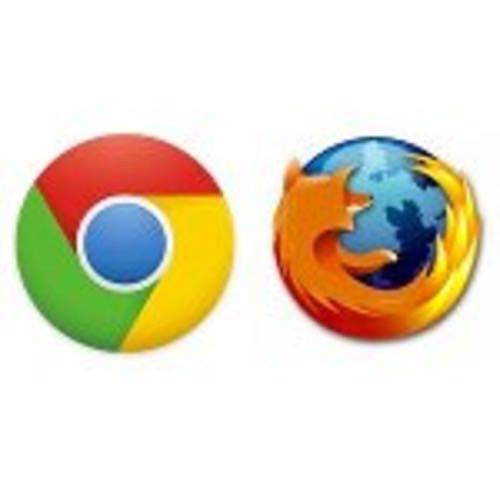Google and Firefox renewed their partnership last week, ensuring that Google will remain Firefox’s default search engine (and major source of revenue). Kara Swisher reported that the deal brings in just under $300 million per year for Firefox, amounting to almost $1 billion total. Google has to cough up the cash to prevent this coveted spot in the popular browser from going to Bing and Microsoft.

MG Siegler wondered why Google would bear this expense, “paying all that money to a competitor.” He considered whether antitrust concerns played into the decision, or whether it was about mobile dominance. But Chrome engineer Peter Kasting offered a simpler answer today: “Google is funding a partner,” not a competitor.
Google’s Goal Is A Better Web
“One thing is certain: Google is not paying Mozilla a billion dollars out of the kindness of their hearts,” Siegler wrote. “Doing so would be irresponsible to their shareholders. Again, they’re paying all that money to a competitor.” But Kasting contends that this is a misconstruction.
“People never seem to understand why Google builds Chrome no matter how many times I try to pound it into their heads,” Kasting says. “It’s very simple: the primary goal of Chrome is to make the web advance as much and as quickly as possible.”
According to Kasting, “It’s completely irrelevant to this goal whether Chrome actually gains tons of users or whether instead the web advances because the other browser vendors step up their game and produce far better browsers. Either way the web gets better. Job done.”
Chrome and Firefox Can and Do Coexist
“It’s not hard to understand the roots of this strategy,” Kasting says. “Google succeeds (and makes money) when the web succeeds and people use it more to do everything they need to do. Because of this Chrome doesn’t need to be a Microsoft Office, a direct money-maker, nor does it even need to directly feed users to Google. Just making the web more capable is enough.”
By funding Firefox, Kasting explains, Google is not concerned about competition with Chrome. It’s keeping another important browser alive. “Firefox is an important product because it can be a different product with different design decisions and serve different users well,” he says. Kasting says that Google supported Firefox before work on Chrome even began, and it only built Chrome because it thought it would drive the Web to improve even faster.
The Teams Are Committed to Working Together
There’s plenty of past evidence to support this interpretation. For example, even though Web apps are one of Chrome’s most important revenue streams, Chromium and Firefox engineers have been working together to build open standards for Web apps to communicate.
On its own, Chrome has pushed the envelope for Web technologies, but as Kasting points out, “Mozilla is clearly committed to the betterment of the web, and they’re spending their resources to make a great, open-source web browser.” A better Web, according to Kasting, will serve Google’s goals no matter what.
We’ve wondered this year whether Firefox was doomed, but if Google is committed to it, for the sake of the Web itself, the answer is certainly not.

















